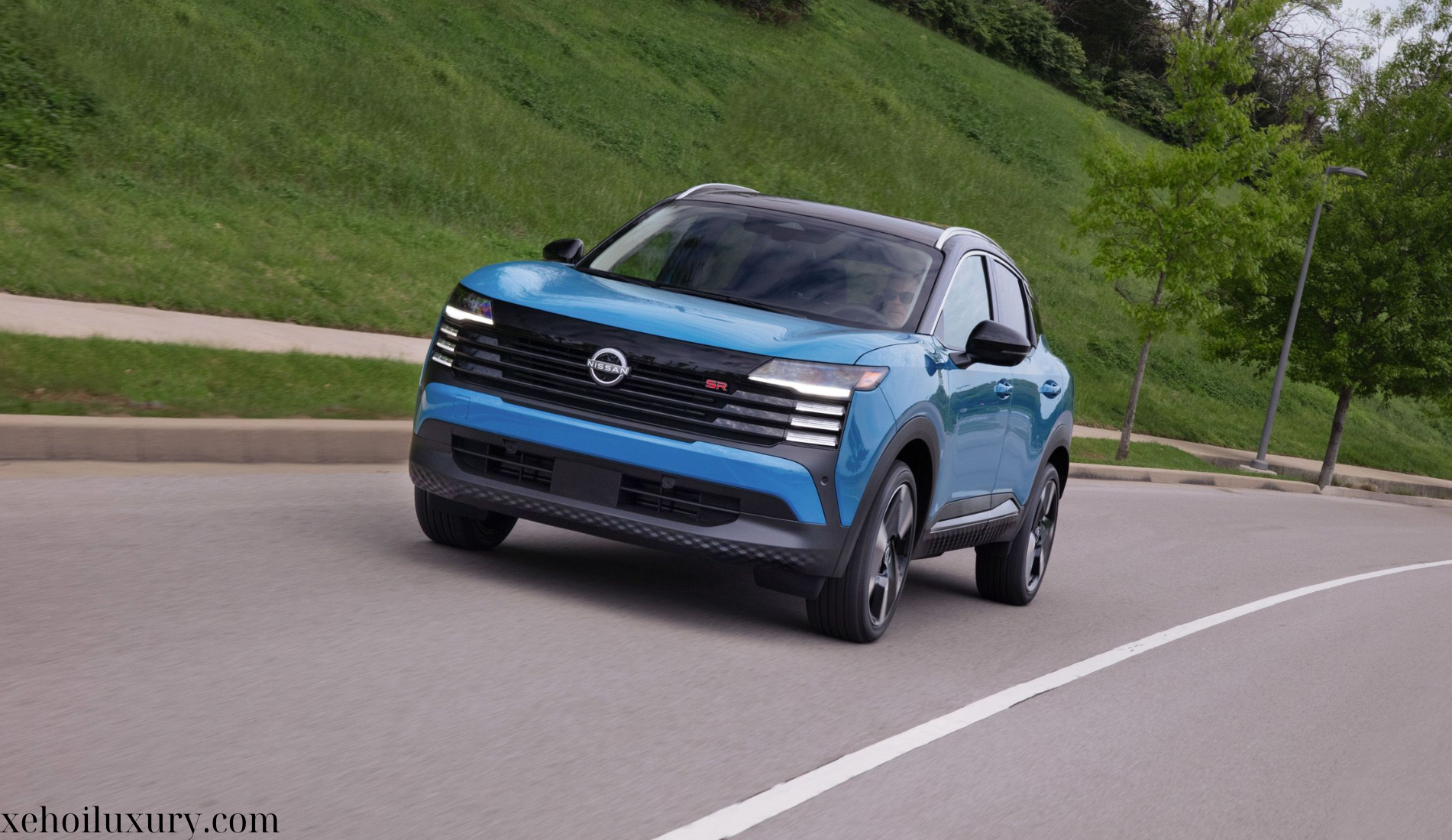
When purchasing a vehicle, leveraging expert reviews and ratings can provide valuable insights into a car’s performance, reliability, and overall value. This guide offers a comprehensive overview of how car experts assess and rate vehicles, highlighting key factors to consider and the most trusted sources of automotive reviews.
Key Highlights
- Performance Evaluations: How experts assess engine performance, handling, and driving dynamics.
- Reliability Ratings: Insights into vehicle reliability and long-term durability.
- Safety Reviews: Understanding safety ratings and features from expert sources.
- Interior and Comfort Assessments: Evaluations of cabin quality, seating comfort, and convenience features.
- Value for Money: How experts determine the overall value of a vehicle.
Performance Evaluations
1. Engine Performance
- Overview: Experts assess engine performance based on power output, acceleration, and overall responsiveness.
- Key Metrics: Horsepower, torque, and 0-60 mph acceleration times are commonly evaluated.
- Expert Insights: Reviews often highlight how well the engine performs under various driving conditions and its efficiency.
2. Handling and Driving Dynamics
- Overview: Handling is evaluated based on the vehicle’s steering response, suspension setup, and cornering abilities.
- Key Metrics: Steering precision, ride comfort, and stability during maneuvers are key focus areas.
- Expert Insights: Experts provide detailed feedback on how the car feels on the road, including any notable handling characteristics.
3. Transmission and Drive Type
- Overview: Transmission types (automatic, manual, CVT) and drive types (FWD, AWD, RWD) are assessed for smoothness and efficiency.
- Key Metrics: Transmission smoothness, gear changes, and drivetrain performance are evaluated.
- Expert Insights: Reviews cover how well the transmission and drive type contribute to the overall driving experience.
Reliability Ratings
1. Long-Term Durability
- Overview: Reliability ratings focus on the vehicle’s long-term performance and common issues over time.
- Key Metrics: Frequency of repairs, cost of maintenance, and vehicle lifespan are assessed.
- Expert Insights: Experts use historical data and owner feedback to gauge reliability and provide recommendations for reliable models.
2. Manufacturer Reputation
- Overview: Manufacturer reputation plays a role in reliability ratings, based on past performance and customer satisfaction.
- Key Metrics: Brand reliability, customer service, and warranty coverage are considered.
- Expert Insights: Reviews often include information about the manufacturer’s overall reputation for building durable and reliable vehicles.
Safety Reviews
1. Crash Test Ratings
- Overview: Safety reviews include crash test ratings from organizations like the IIHS and NHTSA.
- Key Metrics: Overall crashworthiness, individual test scores (frontal, side, rollover), and safety feature evaluations.
- Expert Insights: Experts highlight how well the vehicle performs in safety tests and the effectiveness of its safety features.
2. Advanced Safety Technologies
- Overview: Evaluations of advanced safety systems such as adaptive cruise control, lane-keeping assist, and automatic emergency braking.
- Key Metrics: Functionality, reliability, and ease of use of safety technologies.
- Expert Insights: Reviews provide details on how these technologies contribute to overall safety and their performance in real-world scenarios.
Interior and Comfort Assessments
1. Cabin Quality
- Overview: Interior assessments focus on material quality, build integrity, and overall design.
- Key Metrics: Upholstery materials, fit and finish, and cabin noise levels.
- Expert Insights: Experts comment on the aesthetic and tactile quality of interior materials and the overall design appeal.
2. Seating Comfort and Space
- Overview: Comfort and space evaluations include seat adjustability, cushioning, and passenger room.
- Key Metrics: Seat support, legroom, headroom, and overall comfort for front and rear passengers.
- Expert Insights: Reviews offer insights into how comfortable the seats are for long drives and the practicality of interior space.
3. Convenience Features
- Overview: Convenience features such as infotainment systems, climate control, and storage options are assessed.
- Key Metrics: Ease of use, functionality, and availability of modern features.
- Expert Insights: Experts evaluate how well these features enhance the driving experience and overall convenience.
Value for Money
1. Price and Cost of Ownership
- Overview: Value assessments consider the vehicle’s purchase price and long-term cost of ownership.
- Key Metrics: MSRP, resale value, fuel economy, and maintenance costs.
- Expert Insights: Reviews analyze whether the vehicle offers good value based on its price, features, and overall cost of ownership.
2. Competitor Comparisons
- Overview: Experts compare the vehicle to similar models in its segment to determine its competitive standing.
- Key Metrics: Comparisons of features, performance, and pricing with rival models.
- Expert Insights: Reviews provide context on how the vehicle fares against competitors and if it represents a good investment.
Conclusion
Expert auto assessments offer valuable information for prospective car buyers by providing detailed reviews and ratings on various aspects of vehicles. Performance evaluations, reliability ratings, safety reviews, and interior assessments help paint a comprehensive picture of each model. By considering expert insights and comparing vehicles side-by-side, you can make a well-informed decision and choose a car that meets your needs and preferences.
FAQ
How do I find reliable expert reviews for cars?
Look for reviews from trusted automotive sources such as Consumer Reports, Edmunds, Kelley Blue Book, and automotive journalists. These sources provide thorough and unbiased assessments.
What should I pay attention to in a car review?
Focus on performance metrics, safety features, reliability ratings, and interior comfort. Compare these aspects with your personal needs and preferences to find the best vehicle for you.
Are expert ratings always accurate?
Expert ratings are based on extensive testing and industry knowledge, but it’s also important to consider personal preferences and test drive vehicles to ensure they meet your expectations.
How can I use expert reviews to compare different car models?
Use expert reviews to evaluate key features, performance, safety, and value for money. Compare these aspects across different models to determine which one best fits your needs.
Should I rely solely on expert reviews when choosing a car?
While expert reviews provide valuable insights, it’s also important to consider factors such as personal driving preferences, budget, and practical needs. Test driving and personal research should complement expert assessments.
Leave a Reply